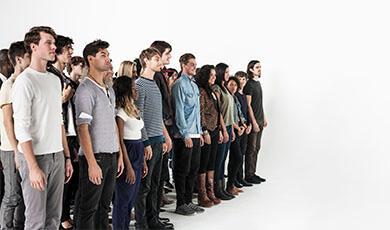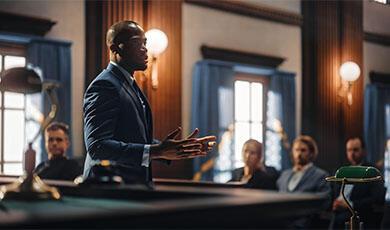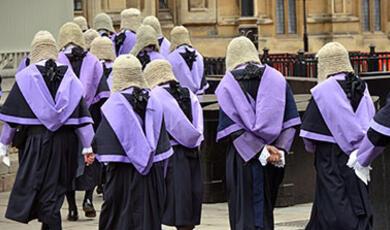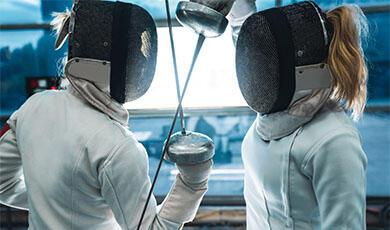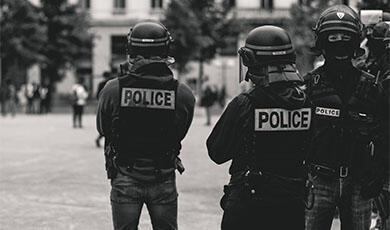Press release: Do We Need Judges?

Is the judiciary unrepresentative of society and disproportionately drawn from privileged groups?
Is vesting power in judges undemocratic?
Does an education in law equip judges to make so many decisions over people’s lives?
Embargo: Tuesday 1st December, 7pm.
I would like to invite you to a lecture by Gresham Law Professor Leslie Thomas KC, Do We Need Judges?
In this lecture Professor Thomas will look at what judges do in the UK and how well they do it; how they are appointed, to whom they are accountable, and how representative they are of society; and finally, at whether we need them.
Discussing Judicial activism, Thomas will say: “Simply put, most people like judicial activism when it accords with their political views, and dislike it when it doesn’t.
“Much of the hardest-fought litigation under our Human Rights Act has been concerned with protecting the rights of marginalised groups, such as immigrants, asylum-seekers, prisoners, benefit claimants and homeless people. Sometimes judicial decisions have expanded the frontiers of human rights protection and thwarted government policy. …Against this backdrop, most criticism of the Human Rights Act has tended to come from the political right. Some decisions have attracted particular ire, such as the European Court of Human Rights decision in Hirst which held that the UK’s blanket ban on prisoner voting violated the Convention. The Hirst decision is unique in the annals of British human rights litigation, in that successive governments have simply refused to act on it, and prisoners continue to be banned from voting today.
“But it’s important to note that if the political contours of the UK changed, the debate over “judicial activism” would change too. For instance, if a socialist government came to power and nationalised all the assets of the rich without compensation, we could expect the aggrieved property owners to challenge it in court under Article 1 of Protocol 1 to the European Convention. In those scenarios, it would likely be the left decrying judicial activism and the right supporting it.
“It’s also important to note that the courts don’t always protect the rights of minorities against an overbearing government. Sometimes they throw minorities under the bus.”
We need judges but should diversify the profile and training of judges
While Professor Thomas will say yes, we do need judges he will add: “We also need a judiciary which is drawn from a wider range of backgrounds. We need fewer judges from wealthy backgrounds, fewer judges who attended fee-paying schools, and more judges from non-traditional backgrounds. We need judges who grew up on council estates, judges who are refugees and migrants, judges who are transgender, and judges who belong to underrepresented racial groups. And we need judges with a more diverse range of professional experience. We need fewer commercial lawyers and Treasury Counsel on the bench, and more legal aid lawyers. We need to abandon the lazy assumption that the ideal High Court judge is a barrister from a prestigious London set who got a First from Oxbridge.”
He will go on to say “We need to diversify legal training. For instance, an understanding of mental health, trauma and the limitations of human memory should be part of every lawyer’s training. We should stop teaching young barristers that inconsistencies in a witness’s account are evidence of fabrication. Legal and advocacy training need to change to reflect the current state of scientific knowledge about how witness testimony actually functions. And it would be good if lawyers got some basic education in statistics, scientific literacy, and how to read and understand scientific papers.”
ENDS
Notes to Editors
You can sign up to watch the hybrid lecture online or in person below; or email us for an embargoed transcript or speak to Professor Leslie Thomas: l.graves@gresham.ac.uk / 07799 738 439.
Read more about Professor Leslie Thomas who has expertise in human rights law.


 Login
Login
